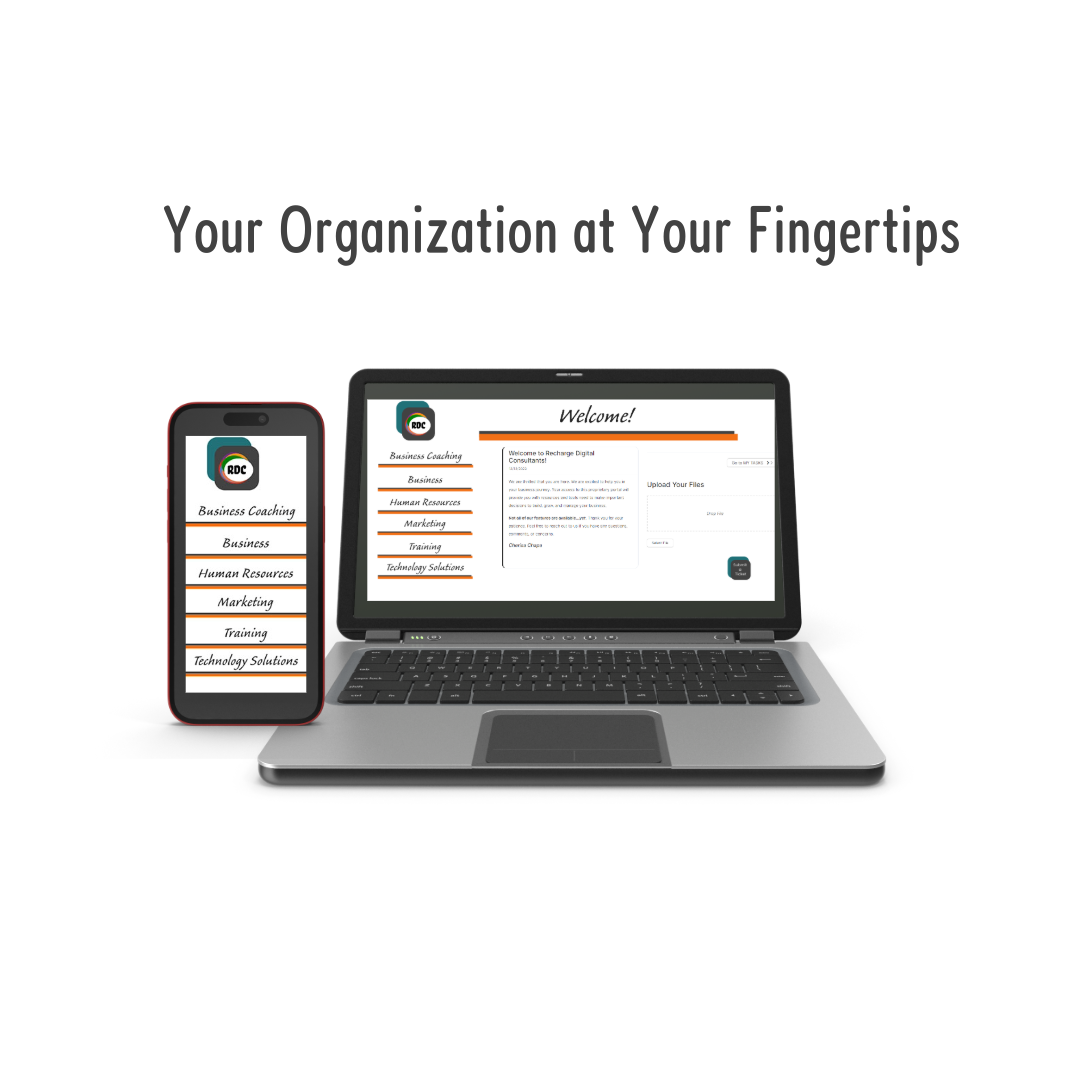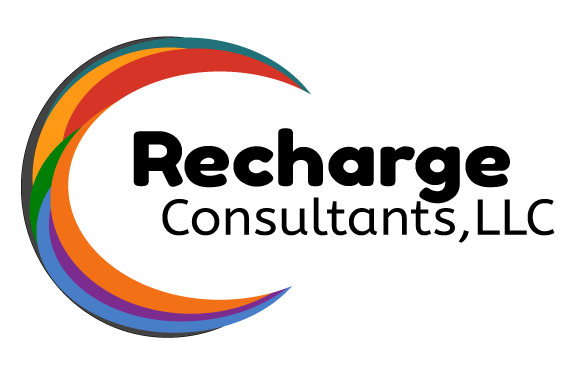HIPAA Compliance Risk Assessments
Our HIPAA compliance-based risk assessment guide sheets outline practical steps to evaluate your practice, facility, and/or locations. They are focused on the specific standards, requirements, implementation standards, and addressable of the HIPAA Privacy and Security Rules and Safe Harbor amendments. It also includes the recommended assessments from OCR.

Regulation and Compliance
HIPAA Security Plan
Risk Assessment and Risk Management
HIPAA Security Rule requires that each covered entity and/or business associate conduct periodic risk assessments and manage their risk treatment(s) for specific risks that are identified and which align with established risk tolerance levels.
Starting at $2475.00
The required implementation specification at § 164.308(a)(1)(ii)(A), for Risk Analysis, requires a covered entity to, “[c]onduct an accurate and thorough assessment of the potential risks and vulnerabilities to the confidentiality, integrity, and availability of electronic protected health information held by the covered entity.”
The required implementation specification at § 164.308(a)(1)(ii)(B), for Risk Management, requires a covered entity to “[i]mplement security measures sufficient to reduce risks and vulnerabilities to a reasonable and appropriate level to comply with § 164.306(a) [(the General Requirements of the Security Rule)].”
The principal goal of an organization’s risk management process should be to protect the organization and its ability to perform its functions, not just its IT assets. Therefore, the risk management process should not be treated primarily as a technical function carried out by the IT experts who operate and manage the IT system, but as an essential management function of the organization.
Risk Management
Risk management encompasses three processes: risk assessment, risk mitigation, and evaluation and assessment. A system development life cycle (SDLC) has five phases: initiation, development, or acquisition, implementation, operation or maintenance, and disposal. Risk management is an iterative process that can be performed during each major phase of the SDLC.
Risk Assessment
Risk assessment is the first process in the risk management methodology. Organizations use risk assessment to determine the extent of the potential threats and the risks associated with an IT system throughout its SDLC. The output of this process helps to identify appropriate controls for reducing or eliminating risk during the risk mitigation process.
Risk is a function of the likelihood of a given threat, the source of the threat’s potential vulnerability, and the resulting impact of that adverse event on the organization.
Risk Mitigation
Risk mitigation is a systematic methodology used by management to reduce mission risk. Risk mitigation can be achieved through:
- Risk Assumption
- Risk Avoidance
- Risk Limitation
- Risk Planning
- Reach and Acknowledgement
- Risk Transference
Evaluation and Assessment
The organization’s information systems will continually be expanded and updated, its components changed, and its software applications replaced or updated with newer versions. In addition, workforce personnel changes will occur and security policies are likely to change over time. These changes mean that new risks will surface and risks previously mitigated may again become a concern. The risk management process is not a one-and-done activity; it’s ongoing.
We take care of your risk assessment, risk management, (optional) ongoing evaluation, and assessment activities to keep your organization compliant.

Our Process Management Portal
Our easy-to-use Service Solution Packages include access to our custom Management portal, which allows you to manage your employees, employee-related documents, and training from one place.
- Share and share your important organizational documents.
- Allows for electronic signatures.
- Access to customizable forms, policies, and procedures.
- Online training modules, such as employment, HIPAA, IPC, OSHA, and more.
- Customized Employee Onboarding and Orientation.*
- Customized Compliance Assessments, Review Calendar, and Documentation

Who We Work With
Small and Medium Businesses
- Healthcare: Audiologists, Eye Care Clinics, Family Therapists, Chiropractic Clients, Dentistry, Private Physician and Practitioner Offices, Mental Health Psychologist Offices, Long-Term Facilities and Homes, Home Health Care Providers, Rehabilitation Clinics, Skilled Nursing Facilities (SNF), Adult Family Homes (AFH).
- Business Associates: Medical Coders and Insurance Specialists, Medical Equipment Providers, and Medical Records and Health Information Specialists (Coding).
- Small & Medium Businesses: Information and Technology, Real Estate, Rental and Leasing, Oil and Gas Service Providers, Educational Services, Non-Profits, and many others.
Achieve Operational Excellence
Business Tools to Improve Performance
Employee Handbook
Your customized legal employee handbook protects your business and answers what it is like to work there. We keep them compliant when laws change.
Organizational Management
Organizational governance and management tools of policies and standards set the stage for what rules and procedures are needed.
Business SOPs and Guides
Operational manuals communicate how to complete certain standard jobs and procedures. We help you break them down into easy-to-follow actionable tasks.




